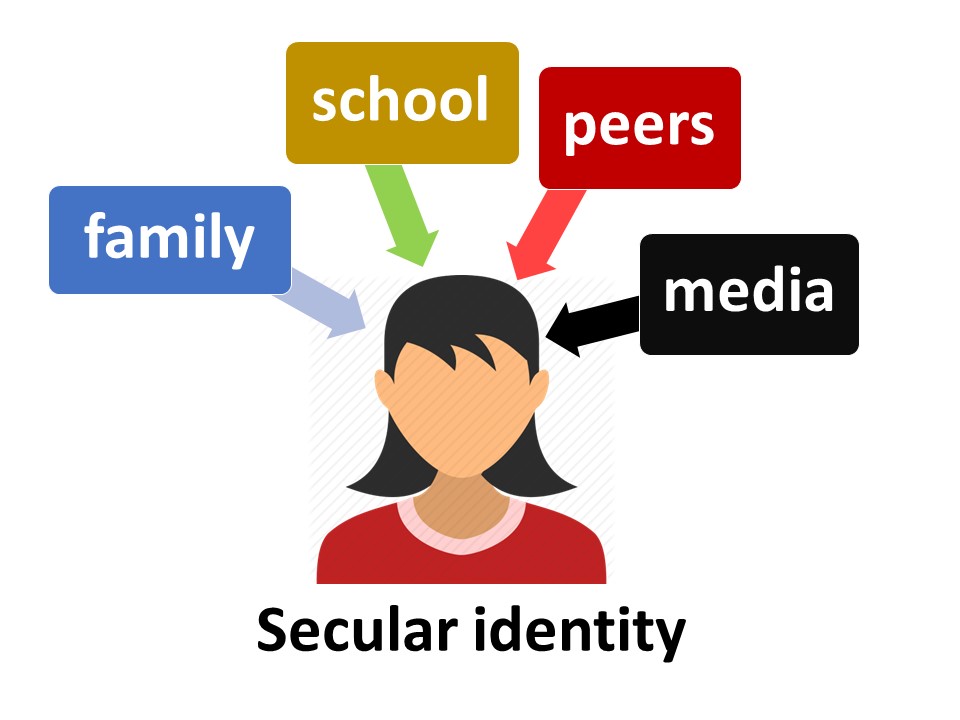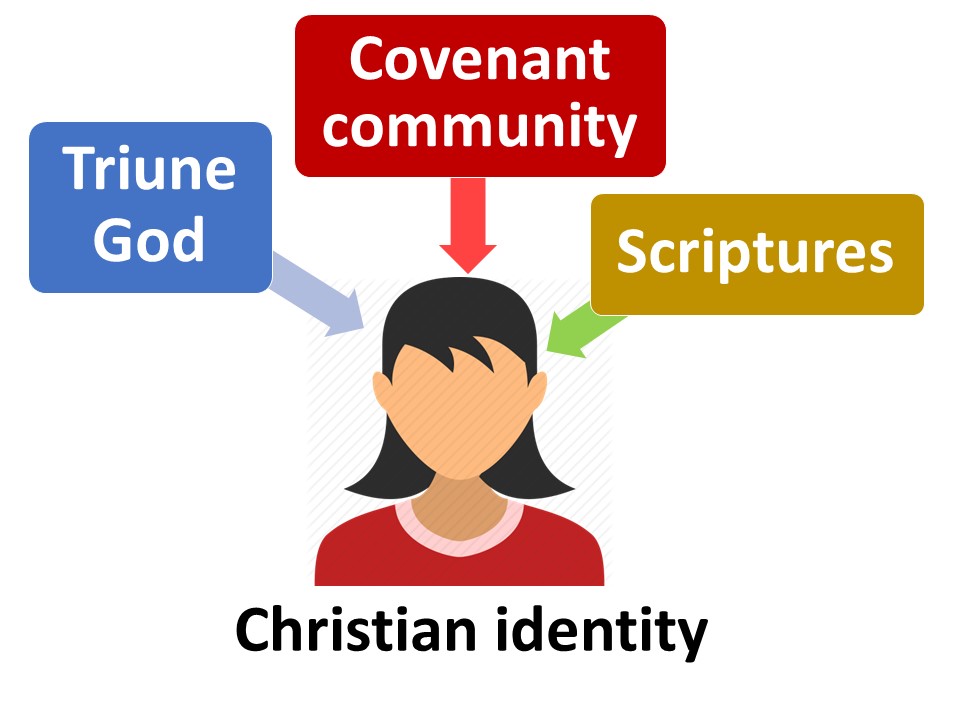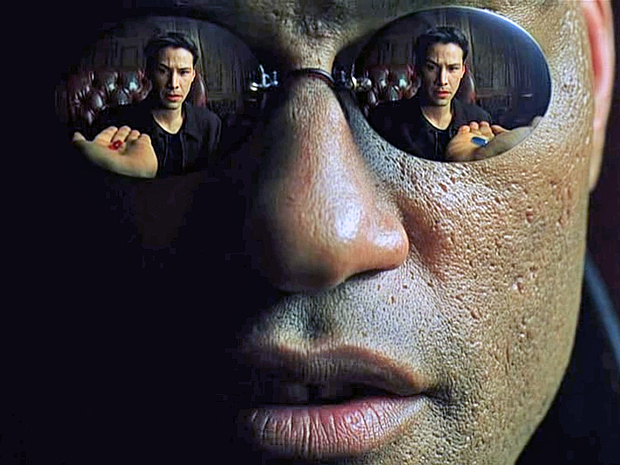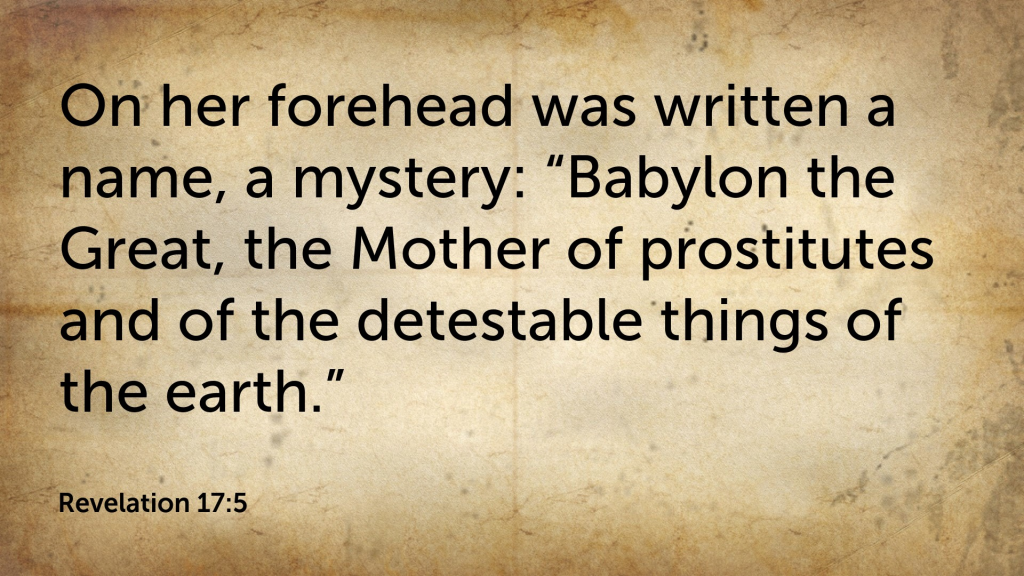Read the rest of the series about the Bostock v. Clayton County court decision.
The Bostock ruling made two momentous decisions; (1) it read “sexual orientation” into Title VII of the 1964 Civil Rights Act, and (2) it did the same for “gender identity.” So far in this series I’ve focused on the former. Now it’s time for the latter.
The transgender component of Bostock involves a man named Mr. Stephens. He identifies as a woman and all references to him in the Bostock literature are to “Aimee Stephens” or “Ms. Stephens.” However, I will refer to him as Mr. Stephens throughout.
Mr. Stephens was terminated from employment at Harris Funeral Homes (“Harris Funeral”) after he declared he would begin presenting as a woman to perform his duties as a funeral director. Mr. Stephens filed an EEOC complaint which eventually wound its way to the Sixth Circuit. In its petition for review to the U.S. Supreme Court (“SCOTUS”), Harris Funeral’s counsel argued:
… the Sixth Circuit ordered it to allow a male funeral director to dress and present as a woman at work. Harris Homes must do that even though its owner reasonably determined that the employee’s actions would violate the company’s sex-specific dress code and disrupt the healing process of grieving families. The language of Title VII does not mandate that result.
Petition, 2
Harris Funeral advanced two key arguments (Petition, i):
- Title VII says it’s unlawful to discriminate in employment matters “because of … sex.” The law never mentions “gender identity.” In fact, these are two very different things. So, Mr. Stephens can’t appeal to Title VII.
- The Sixth Circuit wrongfully applied the precedent from Price Waterhouse v. Hopkins to Harris Funeral. In Price, SCOTUS found it was unlawful for an employer to use sex-based stereotypes to deny a woman a promotion. In Price, employers considered the woman too “macho” and otherwise unladylike, so they did not promote her. But regarding Harris Homes, its attorneys argued, “[t]he Sixth Circuit thus treated the very idea of sex—which determines a person’s status as male or female based on reproductive anatomy and physiology—as an illicit stereotype,” (Petition, 11).
These are dividing lines. How do you know what you know? Christians have a divine revelation that tells them about the world, about themselves, about God, and about reality. Unbelievers have nothing but social conventions.
This is why the culture can re-invent the meaning of “sex” when it’s convenient. It’s also why it can assume that “sex = reproductive function” is a harmful stereotype. This is what Mr. Stephens’ attorney argued.
He was fired, the attorney declares, “because of [his] employer’s stereotypes about how women and men should appear and behave … because [his] appearance would no longer conform to his sex stereotype,” (Response, 1).
The Sixth Circuit decision remarked:
discrimination because of a person’s transgender, intersex, or sexually indeterminate status is no less actionable than discrimination because of a person’s identification with two religions, an unorthodox religion, or no religion at all. And “religious identity” can be just as fluid, variable, and difficult to define as “gender identity”; after all, both have “a deeply personal, internal genesis that lacks a fixed external referent.
Petition, Appendix A, pgs. 24-25a, footnote 4.
During oral arguments before SCOTUS, Mr. Stephens’ attorney proclaimed:
the objection to someone for being transgender is the ultimate sex stereotype. It is saying, I object to you because you fail to conform to this stereotype: The stereotype that if you are assigned a male sex at birth, you must live and identify for your entire life as a man.
Oral arguments transcript, 20:22 – 21:3.
Identity is the thing
At some point, you have to decide how and why you “know” what you know. Do you know it because you have a standard that transcends cultural values and trumps subjective opinion? What’s your basis for telling the other guy he’s wrong and you’re right?
The world has no standard. That’s why it’s gone mad. I fear it will now take a divine intervention for some people to even acknowledge what used to be accepted facts of reality.
The real problem is the cult of narcissism. The idea that you, as a person, are the sum total of your feelings. This is what our world teaches, encourages, indoctrinates us with. I preached about that, recently.
There are factors that shape you as a person. They determine how you see yourself and the world. How you see reality. There are the four primary agents of socialization in a person’s life (Kerry Ferris and Jill Stein, The Real World: An Introduction to Sociology, 6th ed. [New York: W.W. Norton, 2018], 109ff):

In fact, according to many sociologists, the “self” is not a fixed thing. “[T]he self is created and modified through social interaction over the course of a lifetime,” (Real World, 102). Your identity is putty, ready to be formed and re-formed as you live your life. And this self-conception of you is often formed by those four agents, above.
There is certainly some truth to these insights. You are, in a meaningful sense, a product of your environment. But, our culture used to have “understood” guardrails inherited from the Christian faith that defined reality; mores that hemmed in the overt damage of our worst impulses even among unbelievers. This is what John Calvin called the second use of the moral law (Institutes of the Christian Religion, 2.7.10). God’s word, as the foundation for right and wrong in Western society, restrains evil by threat of punishment. It’s a deterrent:
Such persons are curbed, not because their mind is inwardly moved and affected, but because, as if a bridle were laid upon them, they refrain their hands from external acts, and internally check the depravity which would otherwise petulantly burst forth
Institutes, 2.7.10
But now, Western society has deliberately cut itself off from the Christian story that alone can anchor and explain reality. The world has tossed the moral law overboard; a move that was implicit for a while but has now become explicit.
Mr. Stephens is the result. We drift aimlessly on the swells of … feelings. Psalm 2 has something to say about God’s response to that. So now, these vehicles of socialization have no guardrails stopping them from jumping the track and plowing through a sub-division. Our feelings, our worship of self, knows no bounds. So, you see, to believe that “sex” is immutable is to be a hater.
Along with a whole range of beliefs in the modern world, there is confusion as to how they are to be understood and a yawning chasm as to how they are to be grounded. Originally pioneered in the West and grounded in Jewish and Christian beliefs, human dignity, liberty and equality are now often left hanging without agreement over their definition and their foundation.
If the original Jewish and Christian foundations of human dignity, liberty and equality are to be rejected, the ideas themselves need to be transposed to a new key or eventually they will wither. The Western world now stands as a cut-flower civilization, and such once-vital convictions have a seriously shortened life.
Os Guinness, The Global Public Square: Religious Freedom and the Making of a World Safe for Diversity (Downers Grove: IVP, 2013; Kindle ed.), KL 847).
When he wrote that last sentence, seven years ago, Guinness was right. But now, that cut flower has died. The world has tossed it into the rubbish bin. The arguments Mr. Stephens’ attorney used prove it:
- Sex isn’t a biological fact. It’s a feeling validated by a mental health professional’s diagnosis; a verdict which is nothing less than our culture’s sacrament of grace dispensed on letterhead.
- To believe sex is a fixed, biological and reproductive reality is to discriminate. To cause harm. To be a hater. Cancel yourself now, bigot.
This “no guardrails” new normal is why a modern (c. 2019) sociology text can blithely dismiss the view that sex is fixed and immutable as an idea “found outside the discipline in such fields as medicine, theology, and biology,” (Real World, 256). It doesn’t appear to bother sociologists that their field, alone among all disciplines, goes its own way. Instead, the authors declare, “most mainstream sociologists” (i.e. the smart ones, you know) “believe notions of gender are socially determined, such that a binary system is just one possibility among many,” (Ibid).
This is why CNN, in an article recommending increased cervical cancer screening, refers to women as “individuals with a cervix.” After all, we can’t assume only women have cervixes, right? That would be a … discriminatory stereotype.
Tellingly, another sociology text that’s only 13 years old (c. 2007) knows nothing of “gender identity” as a category. The term doesn’t even appear in the index; nor does “transgender,” (Rodney Stark, Sociology, 10th ed [Belmont: Wadsworth, 2007]). It’s gender-based discussions focus on that most un-mainstream of assumptions – sex is immutable. How much changed in those 13 years!
Thus, Guinness the prophet wrote in 2013:
In the end, such a change of worldviews will mean decisive changes for the understanding of humanity, for the defense of human rights and ultimately for the treatment of human beings. Just as the road to Auschwitz began in professors’ studies and academic lecture halls, so the present degraded views of humanity will inevitably create a harvest of evil consequences, even if not fully visible now.
Guinness, Global Public Square, KL 898-913.
Untethered to the grounding of the Christian story, our culture will drift closer and closer to the reef. It will destroy itself because it has no grounding. It will become increasingly crazy. It’s always been this way. This is why in the 5th century Augustine wrote his masterwork apologetics text to teach Christians they don’t belong to this world; they belong to the City of God.
What’s the Christian’s task? To explain reality to a confused world. To insist, gently but firmly, on the truth. Women are women. Sex is sex. Right is right. Wrong is wrong. You are not your feelings. You’re so much more than that. You don’t have to be a slave to yourself. There’s a God, named Yahweh, who made you because He loves you. He wants to fix you. He longs to fix you. He asks for your allegiance first.
What’s the Christian’s hurdle to achieving this? It’s that none of this great witnessing will ever happen if the Church’s agents of socialization aren’t stronger than the world’s:

As you consider these two competing frameworks for identity, these two prisms for understanding yourself, consider which one has more influence in your life. Consider how Mr. Stephens came to believe what he does.
Our culture teaches us to worship ourselves. So, we tend to do exactly that. Christians aren’t immune to the siren song of narcissism. But our story, our scriptures, our God, tell us to worship Him and His estimation of our identity and value.






